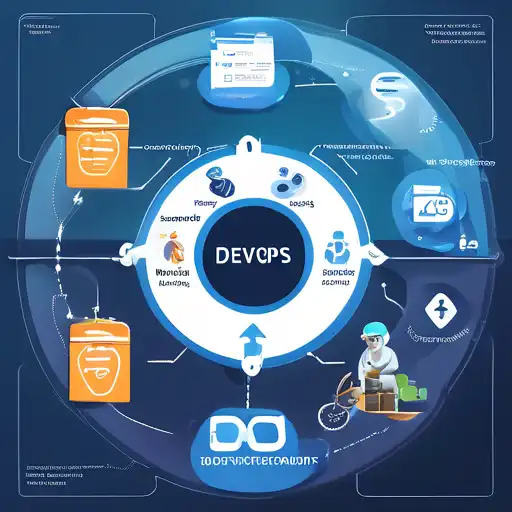Introduction to DevOps in Software Development
DevOps has revolutionized the way software is developed, deployed, and maintained. By bridging the gap between development and operations teams, DevOps practices ensure a smoother, more efficient software development lifecycle (SDLC). This article explores the myriad ways DevOps enhances the SDLC, from improved collaboration to faster deployment times.
The Role of DevOps in Modern Software Development
At its core, DevOps is about fostering a culture of collaboration between developers and IT operations. This synergy accelerates the development process, reduces errors, and ensures that software can be released more frequently and reliably. Understanding DevOps is the first step towards appreciating its impact on the SDLC.
Key Benefits of DevOps in the Software Development Lifecycle
DevOps brings numerous advantages to the table, including but not limited to:
- Continuous Integration and Continuous Deployment (CI/CD): Automating the integration and deployment processes to ensure that code changes are more reliable and can be released at any time.
- Improved Collaboration: Breaking down silos between teams to enhance communication and efficiency.
- Faster Time to Market: Accelerating the development cycle to deliver features and fixes more quickly to users.
- Enhanced Quality and Reliability: Through automated testing and monitoring, DevOps ensures that the software is of high quality and performs as expected.
Implementing DevOps Practices for Optimal Results
To fully leverage the benefits of DevOps, organizations must adopt certain practices. These include automating repetitive tasks, embracing microservices architecture, and implementing robust monitoring and logging systems. For more insights, check out our guide on DevOps Best Practices.
Challenges and Solutions in DevOps Adoption
While DevOps offers significant advantages, its adoption is not without challenges. Resistance to change, toolchain complexity, and skill gaps can hinder progress. However, with the right strategy and tools, these obstacles can be overcome. Training and continuous learning are key to successful DevOps implementation.
Conclusion: The Future of DevOps in Software Development
DevOps is not just a set of practices but a culture that promotes efficiency, collaboration, and innovation. As the software development landscape continues to evolve, DevOps will play an increasingly vital role in shaping the future of the SDLC. By embracing DevOps, organizations can ensure they remain competitive in the fast-paced world of technology.
For further reading on how DevOps is transforming industries, visit our DevOps Transformation page.
